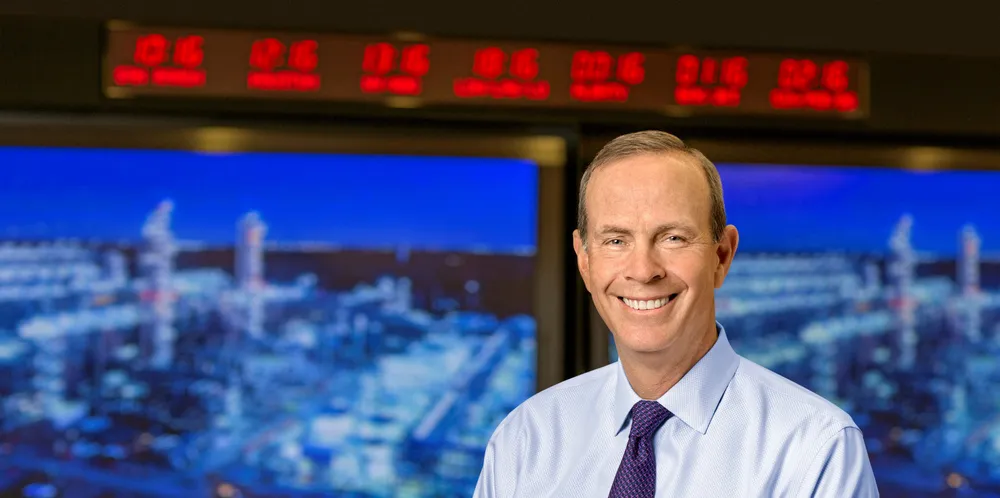'Big threat to oil still hard to find': supermajor Chevron CEO cool on energy transition
Growing energy demand to leave fossil fuels share intact as US giant shows no sign of embracing European peers' green agenda

Growing energy demand to leave fossil fuels share intact as US giant shows no sign of embracing European peers' green agenda
